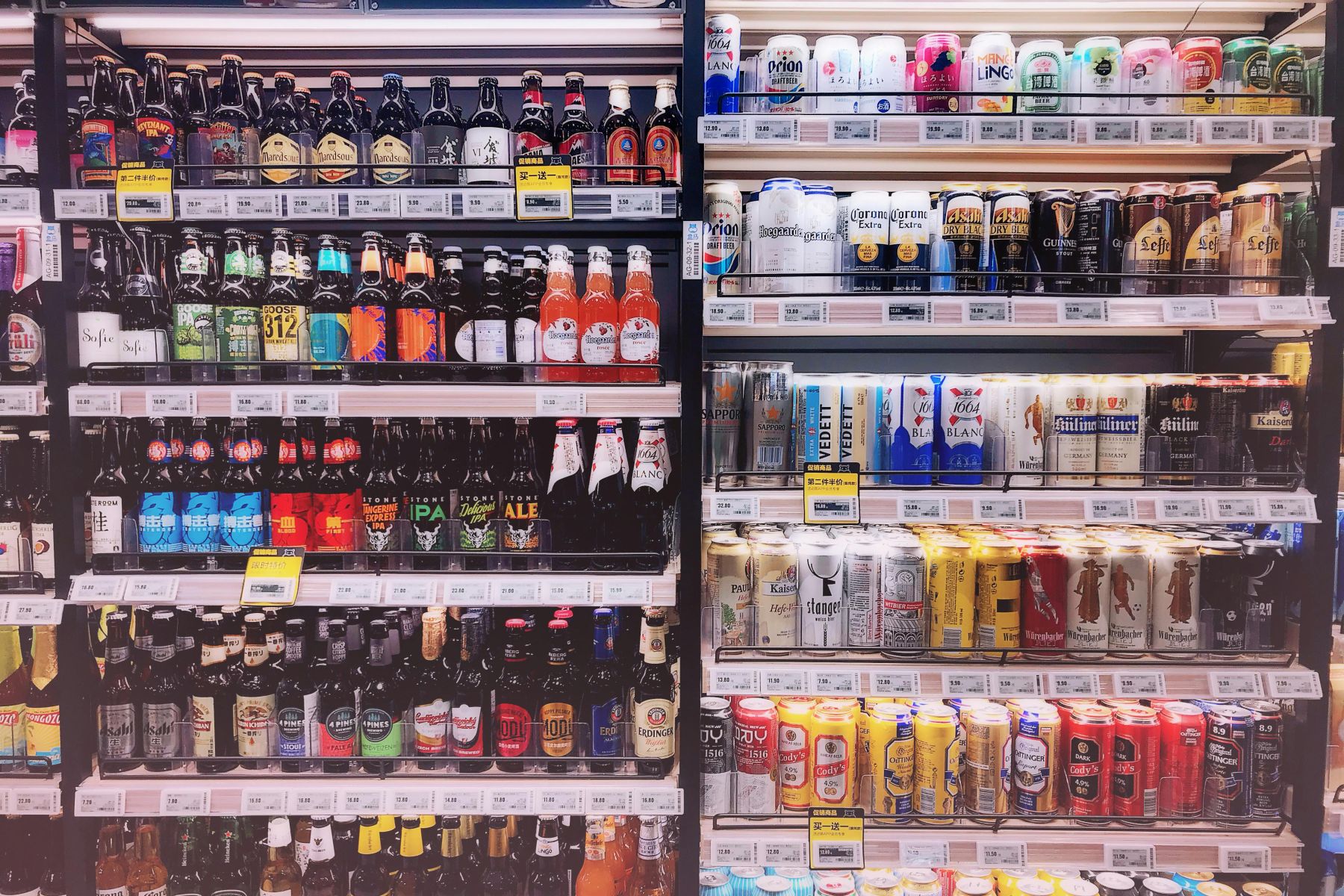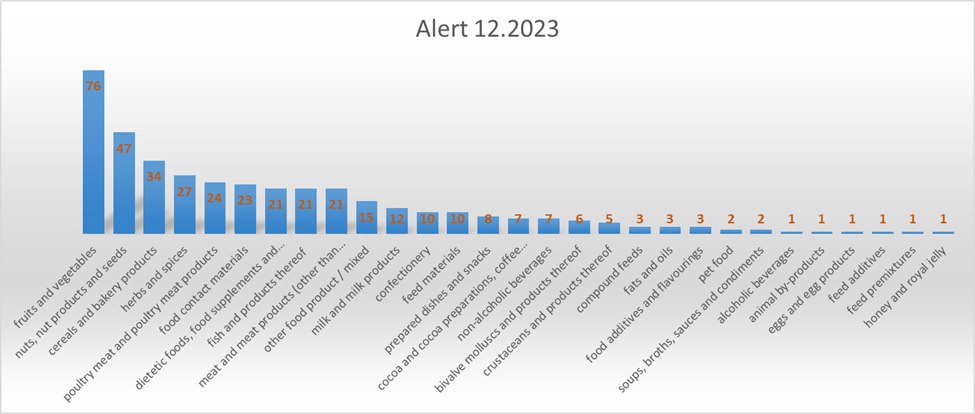On January 8, 2025, the Parliament of Singapore officially passed the Food Safety and Security Act (FSSA), marking a significant step in strengthening the food management system. This Act not only consolidates and refines existing regulations but also reflects Singapore's strategic vision in adapting to global challenges such as climate change and the development of new food types. The FSSA replaces and consolidates regulations from eight existing laws.
Accordingly:
1. Licensing Requirements for Importers and Traders of Certain Foods
Part 3 of the FSSA consolidates licensing regulations for controlled food business activities, including essential items such as meat, fruits, and eggs. The licensing mechanism is established at two levels:
Level 1: Requires traders in the food business to obtain export or import licenses from the Singapore Food Agency (SFA).
Level 2: Requires all import, export, and transshipment consignments to be licensed to ensure food safety requirements are applied.
2. Record-Keeping Requirements for Food Traders
To ensure the rapid recall of unsafe food products, Parts 3 and 4 of the FSSA apply traceability and record-keeping requirements to licensed food importers and traders. Licensees must: (1) Maintain immediate access to information about suppliers, manufacturers, and product descriptions; (2) Implement procedures to identify and trace food from the supplier to the next responsible entity; and (3) Implement recall procedures when food is found to be unsafe.
3. Control Plan Requirements for Food and Animal Feed Businesses
A "Food Control Plan" is a mandatory condition for obtaining a food business license. All businesses not directly involved in food production must develop and implement this plan, which includes key elements such as: worker hygiene; facility and equipment design, maintenance, and sanitation; identification of foreseeable hazards in food handling; and appropriate corrective actions. Similar requirements apply to animal feed business licenses.
4. Pre-Market Approval Framework for "Defined Foods"
The FSSA establishes a category of "defined foods," including new foods, genetically modified foods, and insect-derived foods. The Act standardizes the approval process for these foods, requiring pre-market approval. This approach aims to encourage innovation in the food industry while building consumer trust.
5. Increased Maximum Penalties for Violations
The FSSA increases the maximum penalty to SGD 50,000 for violations of food safety regulations. The new law also prohibits businesses whose licenses have been revoked due to fraud or repeated offenses from applying for a new license for up to three years. This regulation is stricter than the current one, which allows businesses to reapply for a license immediately after conviction.
The FSSA will be implemented in phases to allow businesses time to adapt. Regulations on "defined foods" are expected to be implemented by the end of 2025, with full implementation of other provisions expected by 2028.
Mr. Cao Xuan Thang, Commercial Counselor, Head of the Vietnam Trade Office in Singapore, emphasized the importance of thoroughly studying these new regulations. Vietnamese businesses must strictly comply with the FSSA requirements to protect their brand reputation and avoid legal risks.
For detailed information: The full text of the FSSA can be found at:
https://sso.agc.gov.sg/Act/FSSA2025/Uncommenced/20250226?DocDate=20250206
Source: Ministry of Industry and Trade (MOIT)


